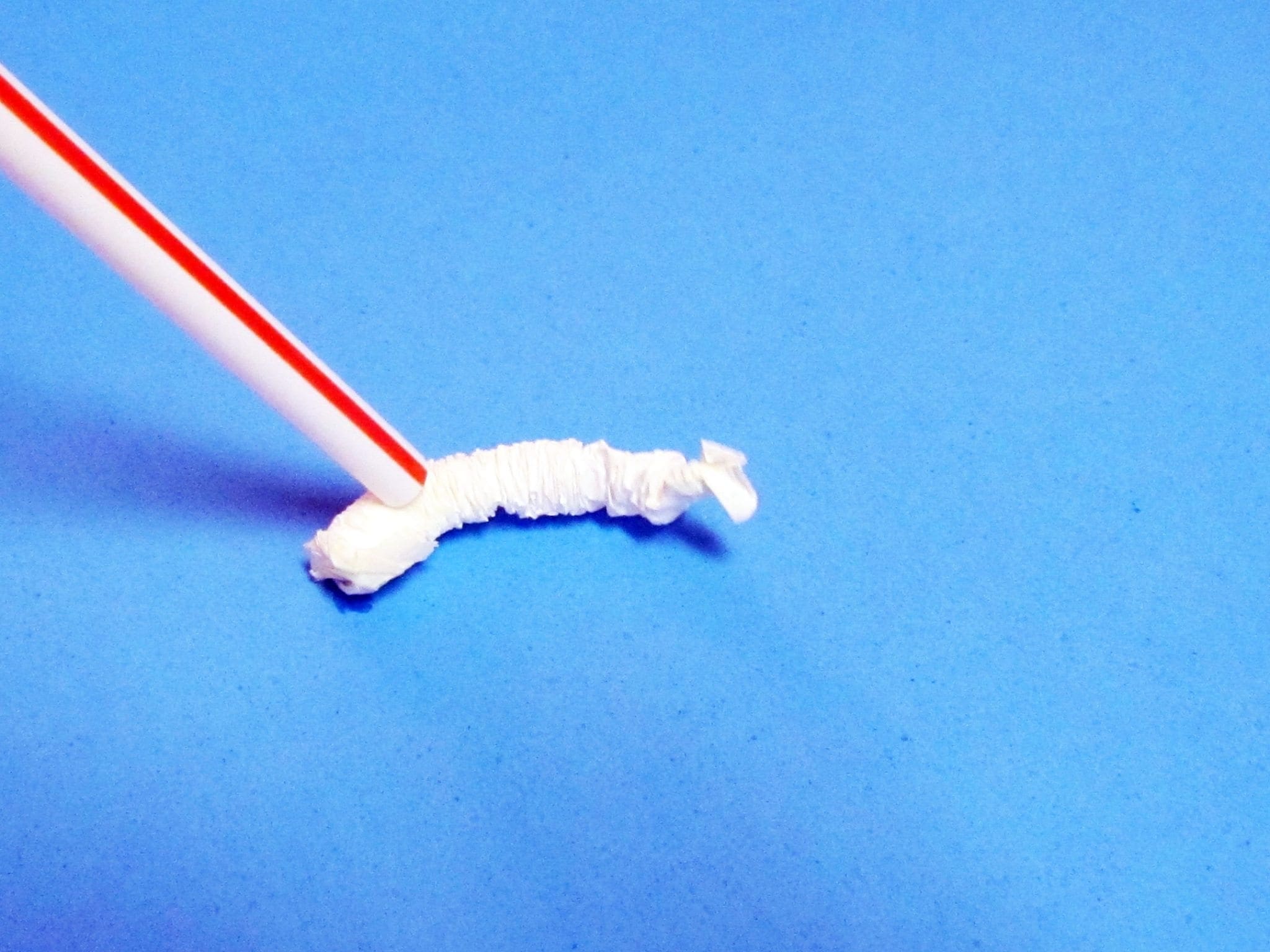- Ritual as described by the informant: Every year on a family member’s birthday, we all take turns putting butter on the birthday person’s nose to help you “slide” through the year!
- Context: They never thought twice about this and it’s a tradition that has been in their family for 3-4 generations now.
- My interpretation: CL is from Memphis, and I wonder if this has to do with her families history in the southwest. Additionally, she is half Korean. It may be a way to instill a new tradition given a new way of family in America.
Author Archives: ablam
吃瓜群众 – melon eating Crowd
Context: GZ parents said this whenever they were caught rudely looking at something like a car crash. It implied nosiness and rudeness.
Interpretation: The melon imagery is funny because a melon can be messy. Despite this inconvenience, the melon eating crowd happily eats their melon while not helping the person at harm. Instead, they are just watching the situation unfold. It explains the derogatory nature of the saying.
畫蛇添足 (translation: to draw a snake with feet)
Content: 畫蛇添足 or drawing snake with feet
Context: GZ heard this from her parents about family members going the extra mile. While good intentioned, this often implied that the action was causing more inconvenience than benefit.
My interpretation: This a polite way way to tell someone to stop being extra. A snake is self-sufficient without legs. If anything the legs may hinder it’s efficiency.
Content: “笨蛋” (bèn dàn) translates to “stupid egg” in English.
Context: GZ grew up knowing it is to call someone a “fool” or “idiot”. It is different than “spoiled egg” in English. She would often hear her parent make remarks under their breath when annoyed with a person at work.
My interpretation: I think it’s interesting that it is a stupid egg and not a rotten egg. The English version implies there is nothing the egg could do about its unfortunate fate. A rotten egg implied unluckiness. On the other hand, a stupid egg implies deliberate ignorance and inconvenience.
Straw Wrapper Worm
Folklore: If you put water on this straw wrapper, it will move into a worm.

Context: KL’s mom taught this to her while they were waiting for food in a restaurant. She told her that there is a trick to making paper move. It was not that the wrapper turned into a worm, but more that the paper worm was a new figment of reality.
Analysis: I believe this shows that things are not always what they seem. The joy of this “magic trick” is not that people believe it is a real worm. More so, it is a new process or phenomenon they previously did not know about. It is a moment of discovery that reminds us that we don’t know what we don’t know.
